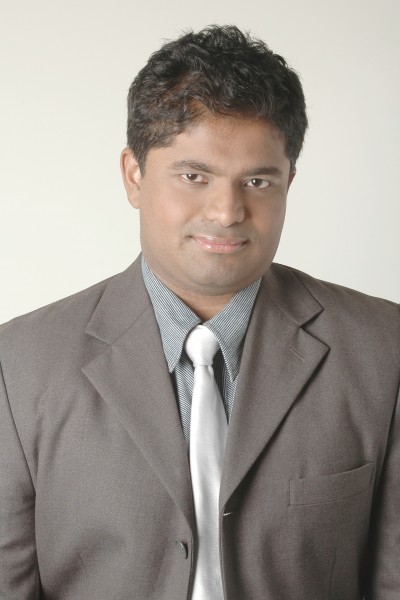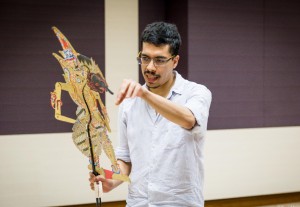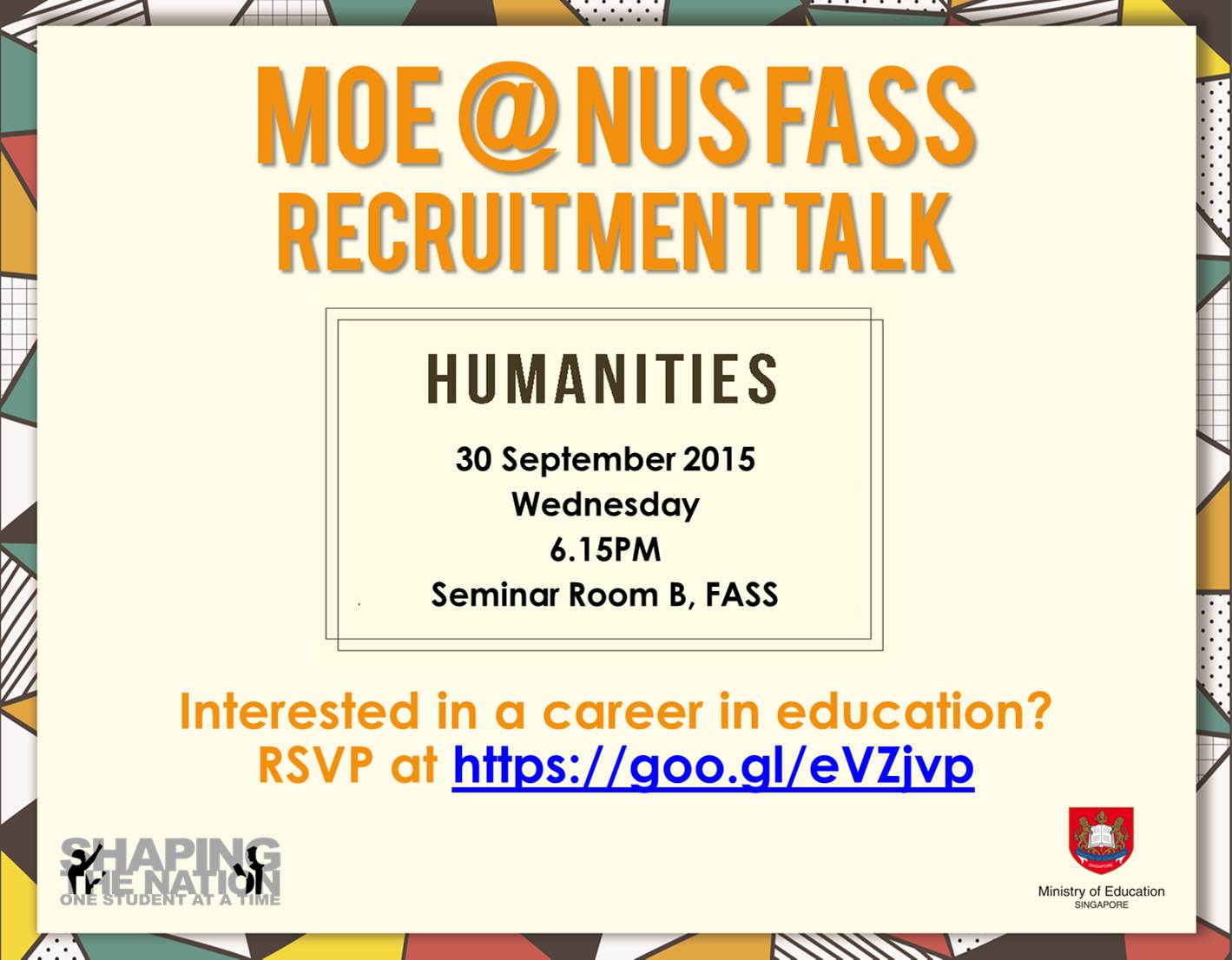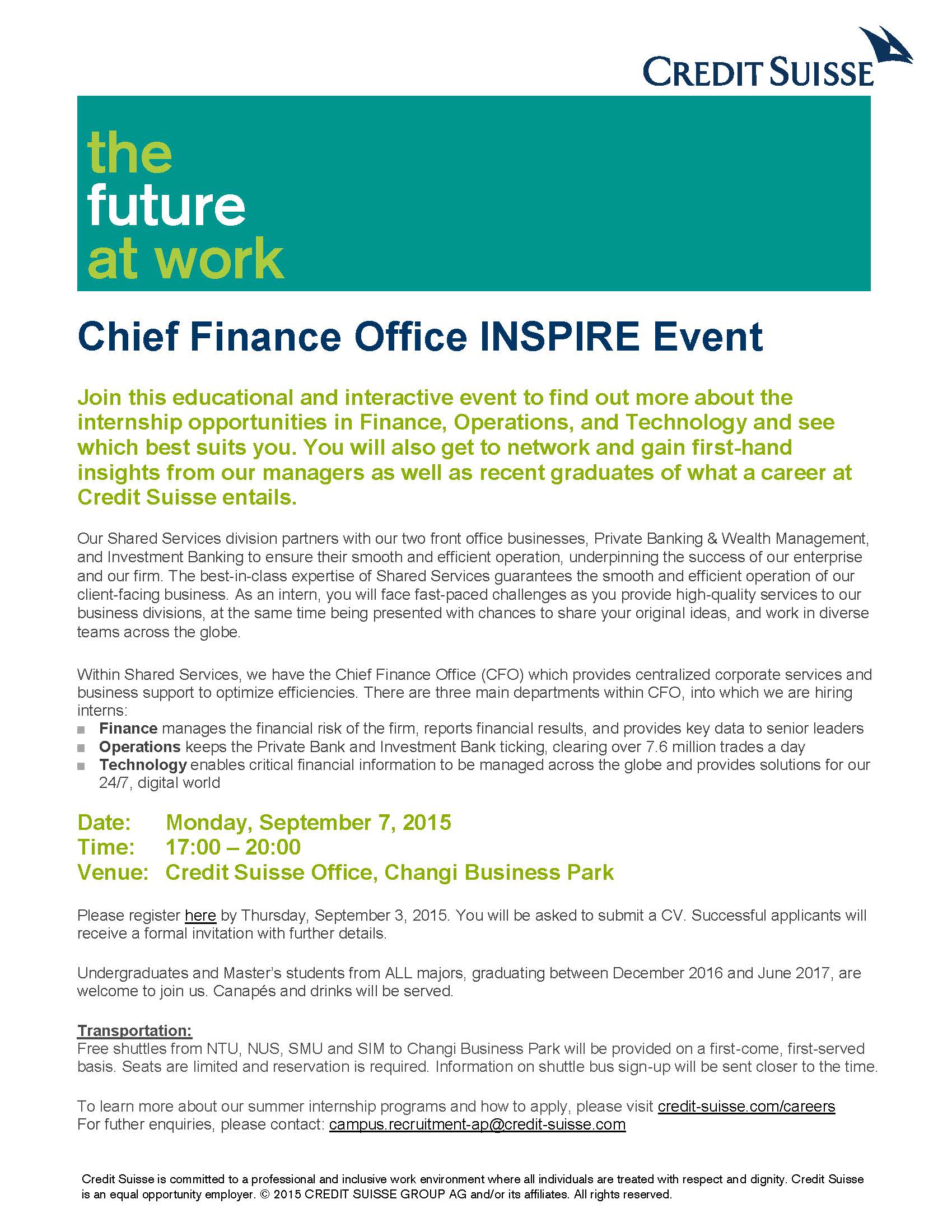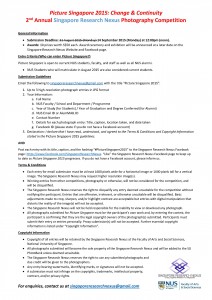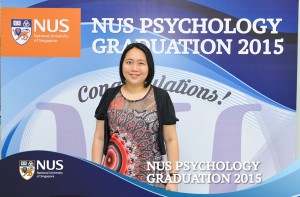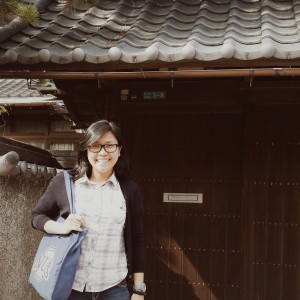Nandabalan Panneerselvam, a teaching assistant at the Department of English Language and Literature, has received the Graduate Student Teaching Award Honour Roll. The award recognises sustained high performance in winning the award three times.
In a recent interview, he shares with us how each of his teaching experience varies from one another, the memorable moments he treasures and his hopes as a graduate tutor.
1) Why did you choose English Language and Literature?
There were a number of majors that interested me when I started my undergraduate studies – Literature, History, South Asian Studies, Theatre Studies, European studies. Soon, however, I found myself taking literature modules all the time! I simply could not stay away from any of the modules offered by the department. So perhaps it is more apt to say that Literature chose me! Literature felt like home. Furthermore, literature is naturally intertwined with many other disciplines, such as history, philosophy, geography and sociology, so to a certain extent I felt like I was studying all these subjects along with literature. It can be said that the study of literature involves an interest in discourse. More than the thing itself, we are fascinated by the way the thing is conceived and perceived, used and related to, talked about and discussed. This perfectly suits my temperament.
2) How did FASS and NUS contributed to your journey thus far?
I received my BA and MA degrees from NUS and am currently enrolled in a PhD programme offered by NUS. As such, there can be no doubt that NUS has shaped my thoughts, personality and motivations. I’ve had the privilege of being taught by excellent lecturers, not just from my department but others as well, and they have ignited my passion for many subjects and topics. The conversations I have had with fellow students have been invigorating and have resulted in many epiphanies.
3) How do you feel about the award that you have achieved?
I feel honoured and humbled to receive this award. It has been a wonderful experience working as a teaching assistant. I hope this award indicates that I have succeeded in creating and sustaining a love for the subject in my students.
4) After teaching for three semesters, what is the difference between your most recent experience and the first time you became a teaching assistant?
The first time I was a teaching assistant was years ago when I was a Masters student. At that time, my teaching style tended to be rather top-down. I tended to control the direction of the discussion almost entirely. This has changed over the years. Now my teaching style has become far more collaborative. I let the students take charge of their own discussions and have learnt to be more of a facilitator, providing guidance and clarity when required.
5) What are some of the observations you have made while teaching?
Mainly I have taught film modules. On one hand, students are very comfortable in discussing films, because they are so familiar with the medium. On the other hand, precisely because they are so used to being consumers of film, they frequently find it difficult to enter a more critical and academic frame of mind and the discussions can become rather banal. However, over the course of the module, I have noticed the students undergoing a noticeable change and they finally become students of film rather than remain as consumers.
6) Describe a memorable moment in your teaching experience.
A student wrote to me, thanking me for letting the students have greater control over their discussions. She went on to inform me that usually she would be somewhat silent during tutorial sessions, but in my class she felt safe and motivated enough to express her own opinions. Her email made my day!
7) What are your hopes as a graduate tutor?
As a graduate tutor, I wish to equip my students with enough knowledge and experience to start their own discussions and conversations, so that eventually they can make their own contributions to the field, be it in the form of an essay or one day, a thesis or a published book.
8) What is the biggest takeaway out of these teaching experiences?
I think learning to relinquish control was the biggest takeaway from me. Rather than controlling the discussion, I have learnt to facilitate discussions, so that students can play a bigger role in their own education. I have witnessed the benefits of this strategy in the way this has aided the academic development of students.
9) What are your future plans with regards to your academic development?
I enjoy teaching tremendously so I envisage that teaching would still remain an important part of my life after the completion of my PhD. I also hope to write and publish academic articles on various topics that interest me.
